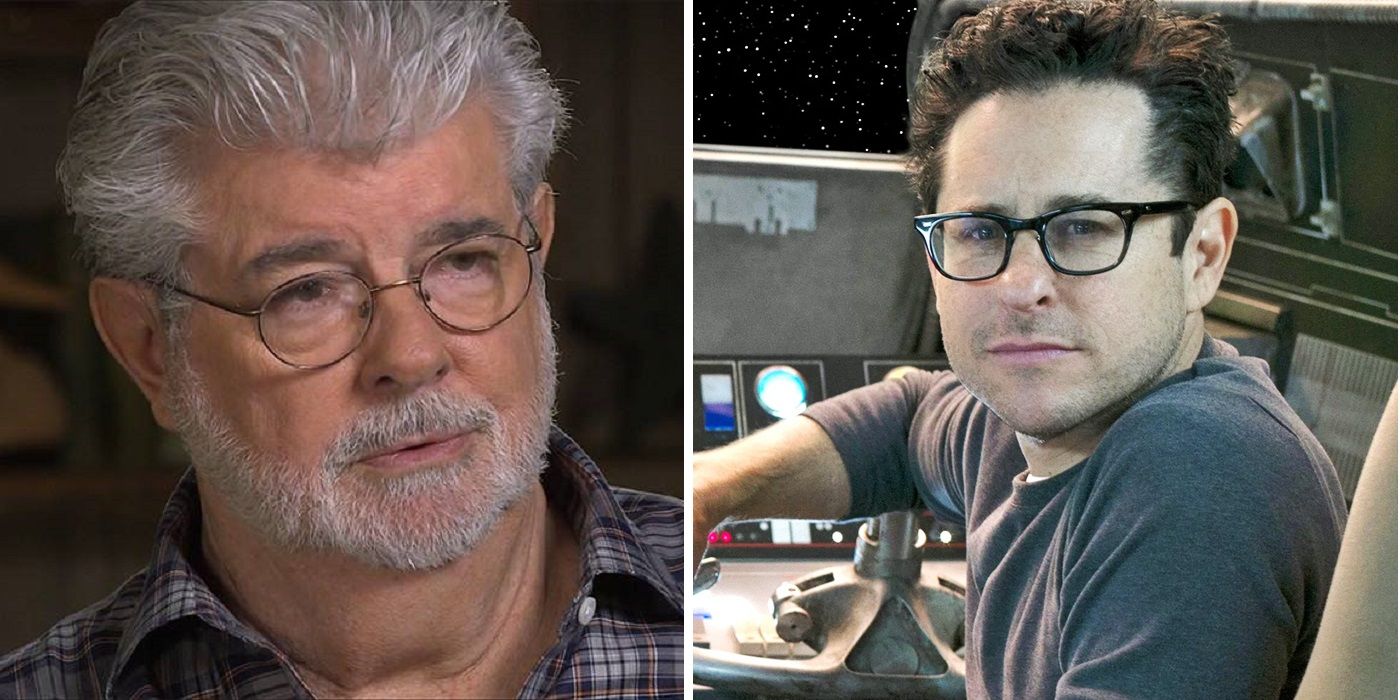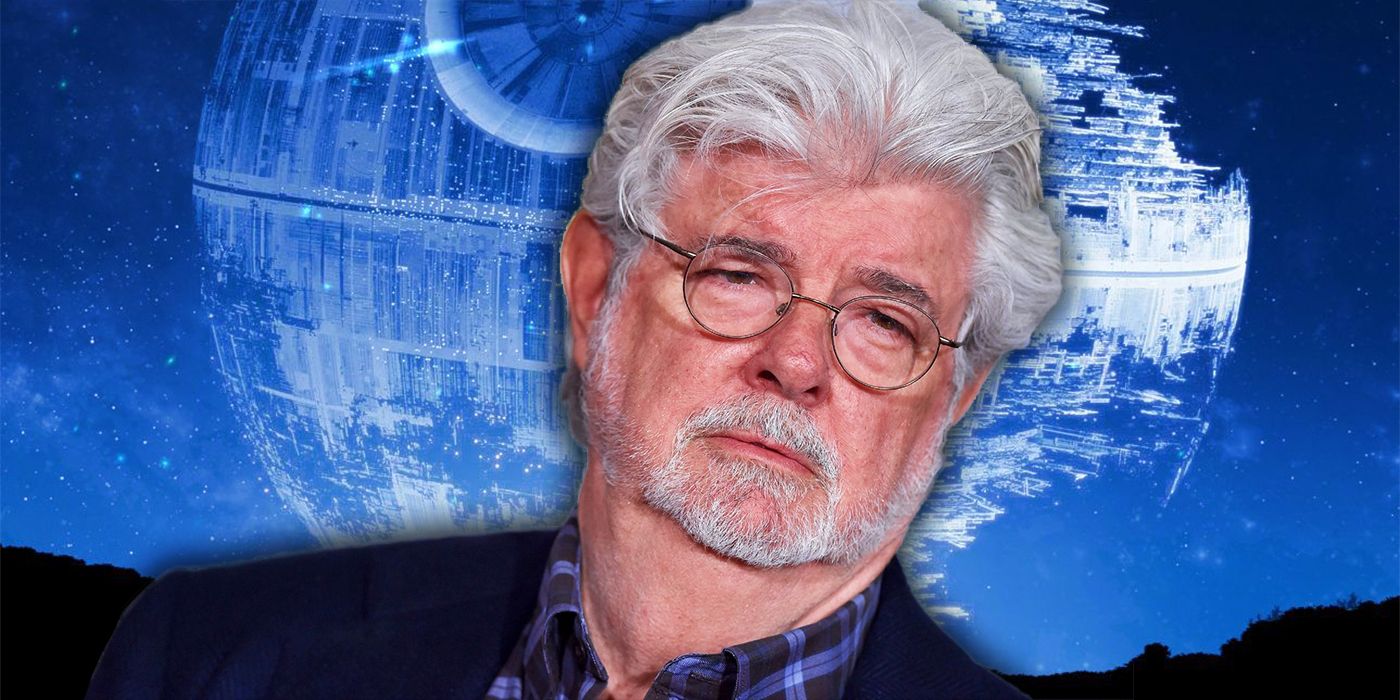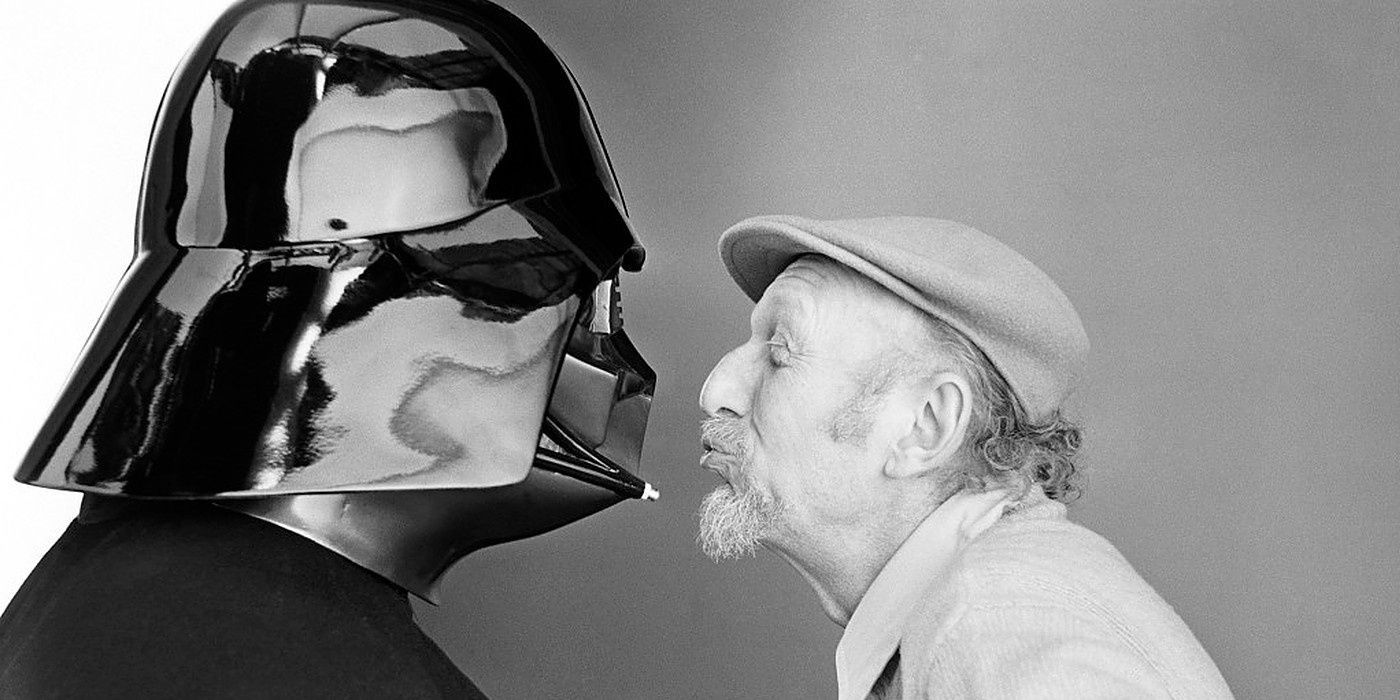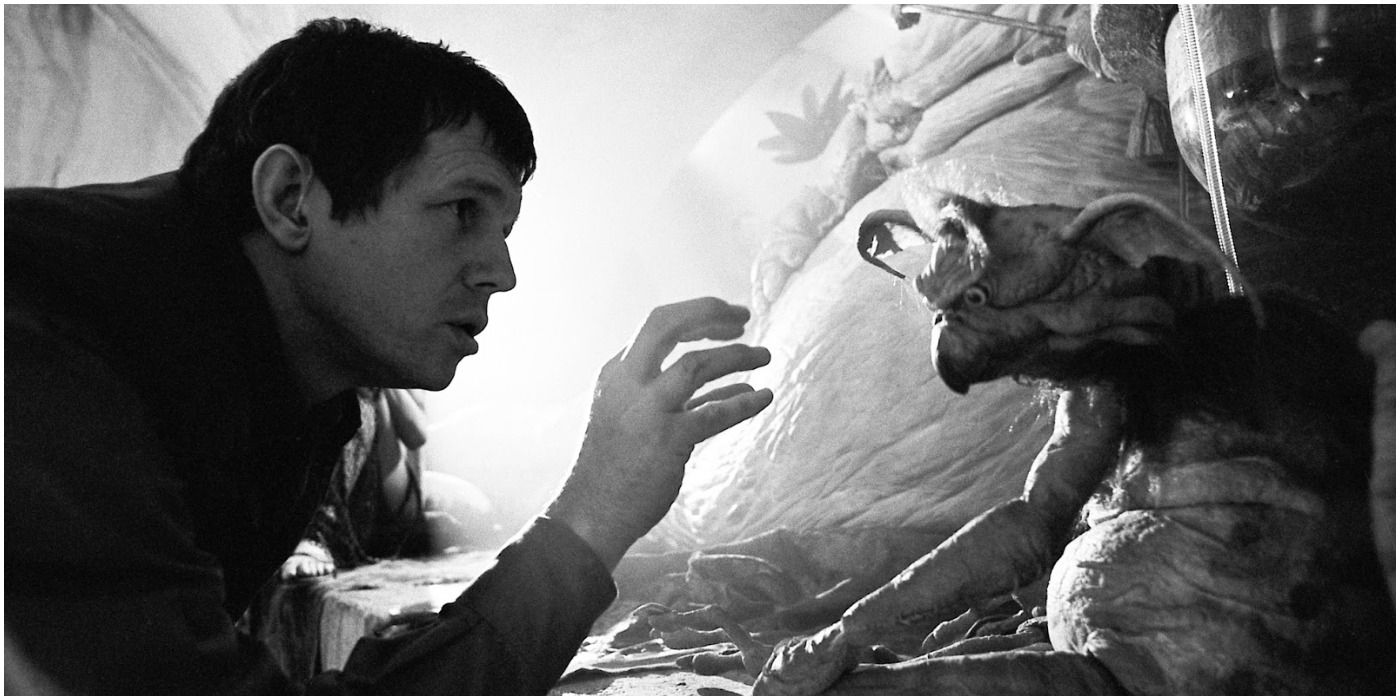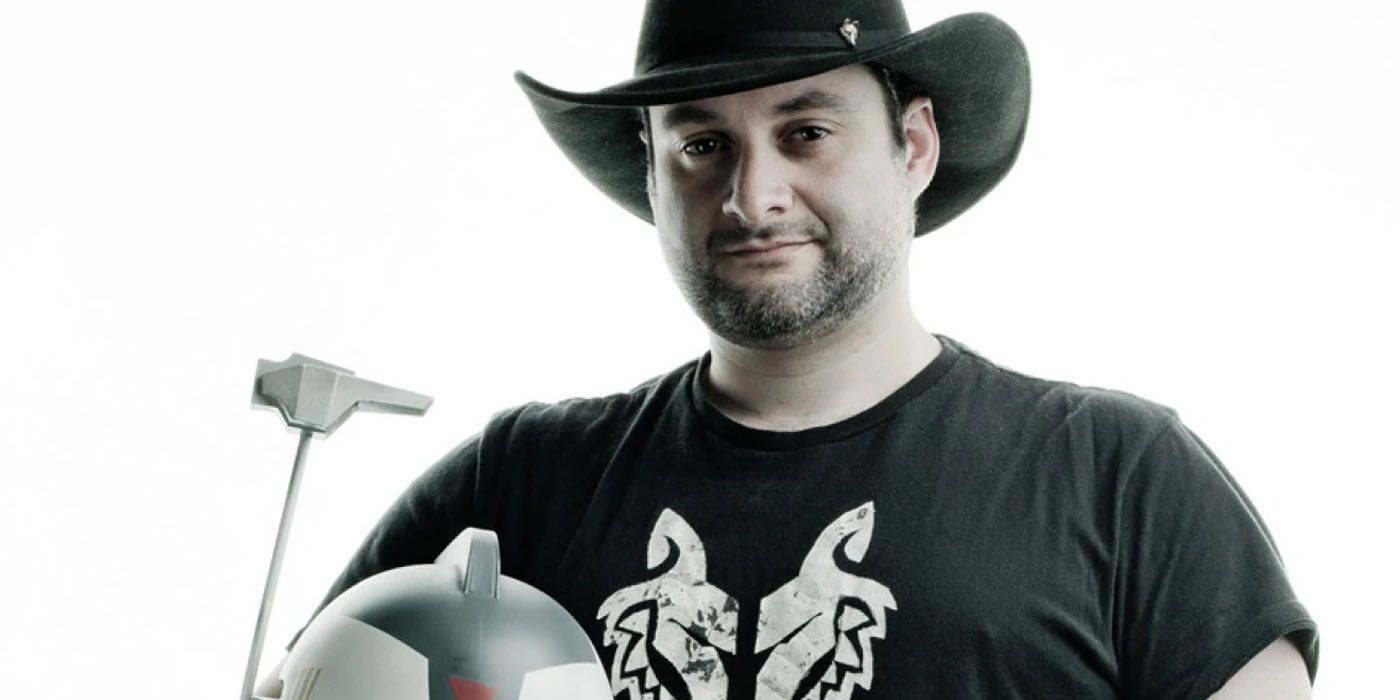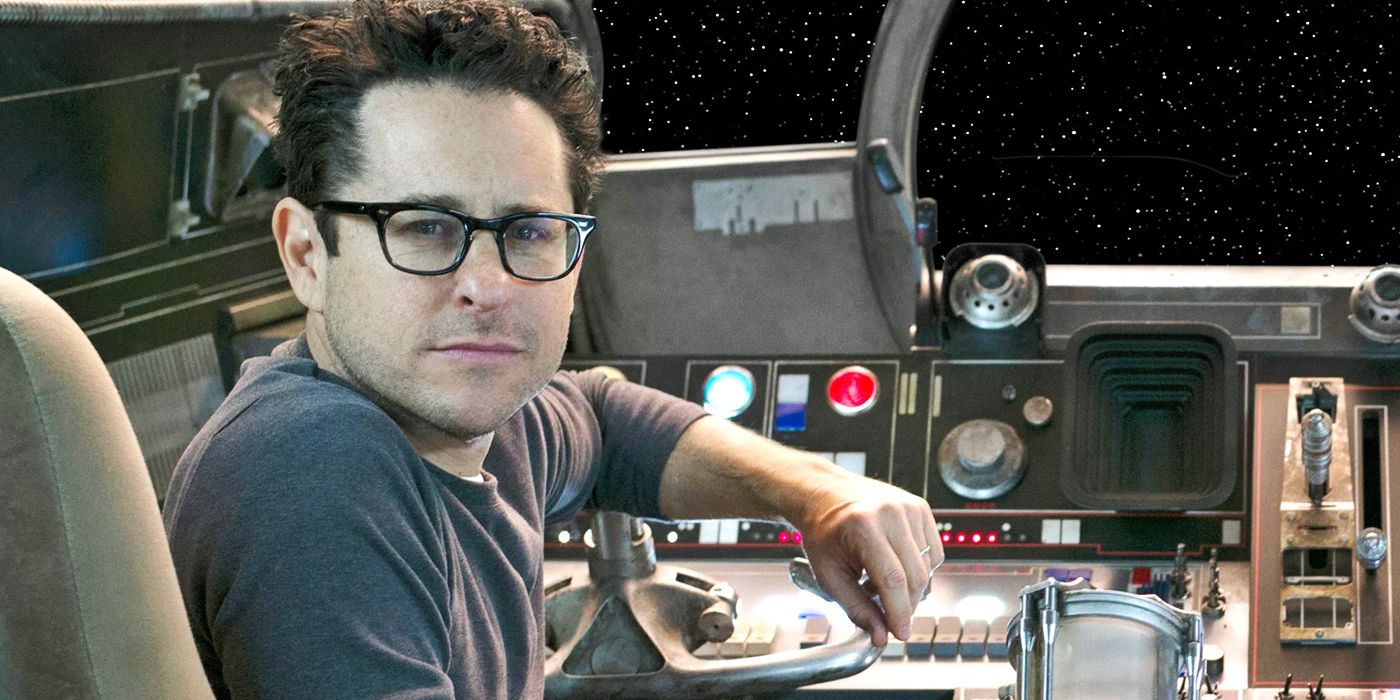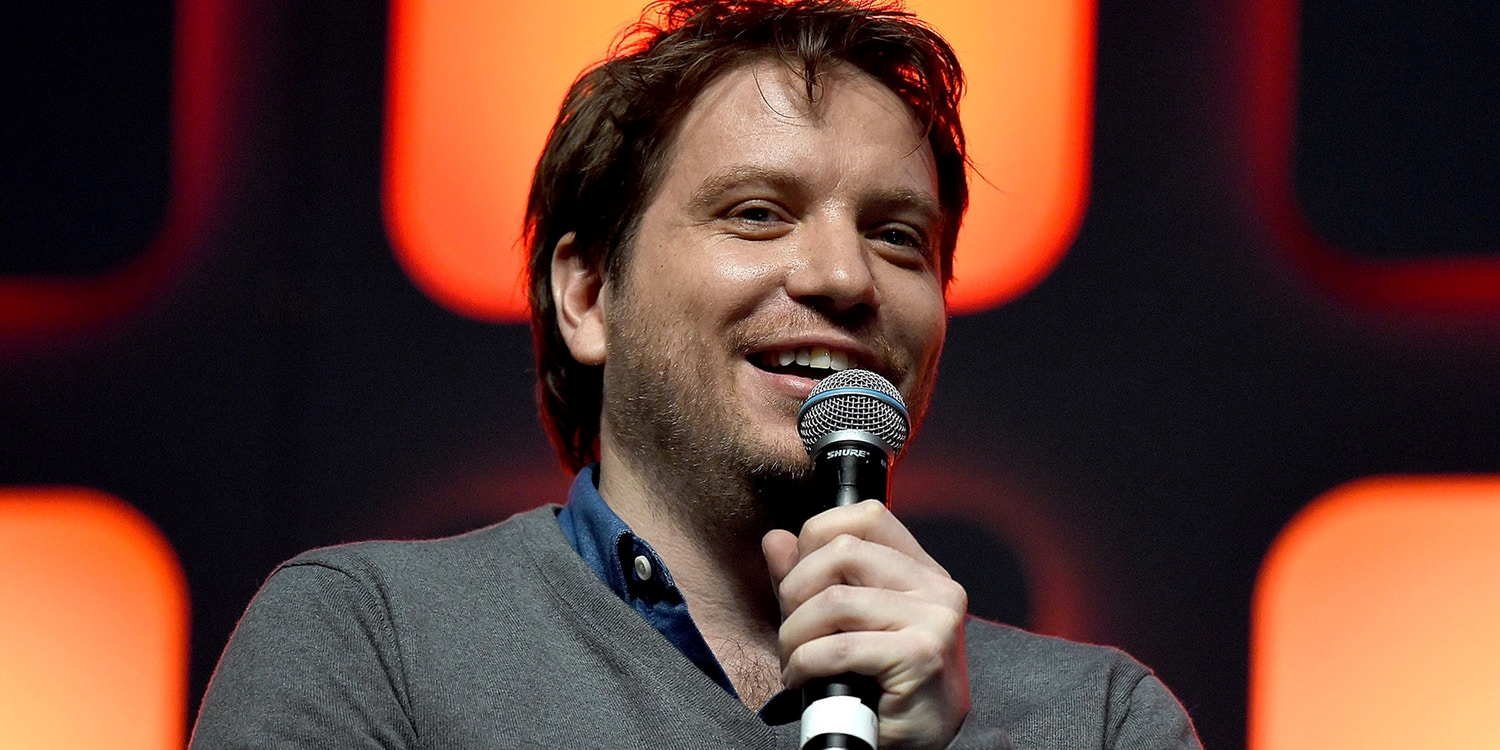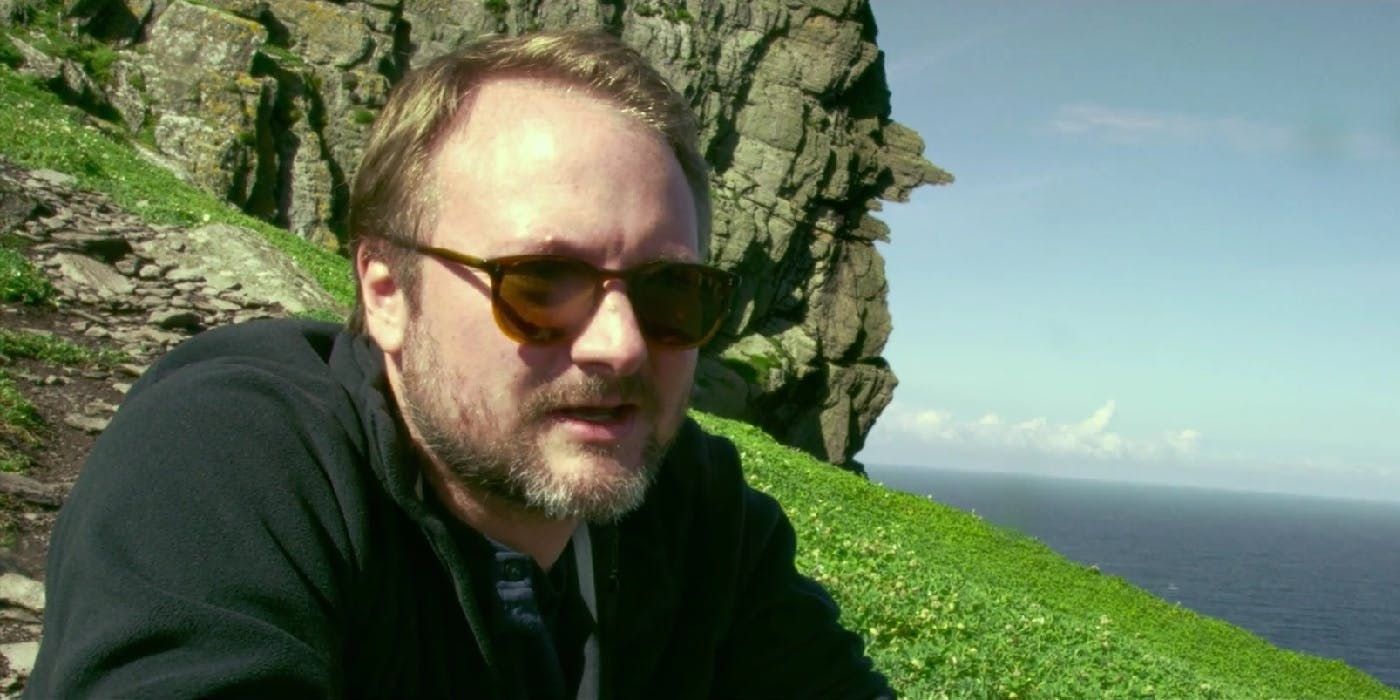Star Wars is the biggest film franchise in the history of the medium; it birthed the blockbuster and with that came a new era of spectacle-oriented, big budget filmmaking. Now, the series has gone through many ups-and-downs quality wise, but the scope of its influence can't be denied.
Over its 40+ year history, only eight directors have had the chance at helming a theatrically-run Star Wars film. No matter what anyone might think of the films they helmed, there's no denying that each one brought something important to the franchise as a whole.
8 Without George Lucas There Wouldn't Be Star Wars, Period
Coming off of THX-1138 and American Graffiti, George Lucas decided his next film would be a space adventure, film serial throwback. With a tumultuous production and cheese dripping off the page, the film was expected to fail. The result, Star Wars, changed cinema, American pop culture, and Lucas' life forever.
The film is a monument to Lucas' imagination. He synthesized so many ingredients— Flash Gordon, John Ford westerns, Akira Kurosawa, Joseph Campbell, Jack Kirby, and a teensy bit of autobiography— to create the foremost modern myth. Star Wars had to go through many revisions, both on the page and in the editing bay, to become the film fans know, but the seeds still sprung from Lucas’ imagination. Those seeds took root in minds of audiences everywhere in 1977 and audiences today are still enjoying the fruit.
7 Irvin Kershner Brought Maturity & Refined Artistry
After the stressful production of the first Star Wars film, Lucas stepped back to producer for the sequel and subcontracted directorial duties to Irvin Kershner. The Empire Strikes Back has become the gold standard for Star Wars movies and Hollywood sequels overall; instead of going bigger, it digs deeper. The characters are challenged, the setting explored, and the mythic "heroes' journey" on which the first film was built is deconstructed.
Now, Lucas' influence on Empire wasn't negligible; the famous twist of Darth Vader being Luke's father was his idea. That said, having a different eye behind the camera paid off dividends. Kershner and DP Peter Suschitzky made easily the best looking and most dynamic of the original trilogy; Empire has good cinematography, not just good art direction. Suschitzky's work here later earned him the chance to work with David Cronenberg, who described Empire as "the only one of those movies that actually looked good."
6 Richard Marquand Brought Out The Best In His Actors
After the daringness of Empire, Return Of The Jedi closed the trilogy on a safer note— its look and narrative beats are much closer to the original. Indeed, Lucas is reported to have kept Jedi director Richard Marquand on a tighter leash than he had Kershner. Jedi does have its upsides, though; the dynamic between Luke and Vader gives this film an emotional core the previous two never quite managed.
These strengths could pinpoint Marquand's contribution, renowned as an actor's director which Lucas very much is not. Indeed, Marquand described his attitude as, "A lot of actors complain about the fact that the director doesn’t even speak to them...I like to explain to the actors how to do it." Considering this, it's not surprising that Jedi has the best acting in the trilogy; Hamill finally grows into the role of Luke, Ian McDiarmid is perfect as the Emperor from the get-go, and James Earl Jones gets to show off his range accompanied by David Prowse's fantastic physical performance as Vader.
5 Dave Filoni Got An Unfairly Bad Rap As A Movie Director But Proved His Mettle On TV Instead
Lucas claimed the prequel trilogy would be the end of Star Wars, but a few years after Revenge Of The Sith he returned to the franchise. Repurposing the premise of Genndy Tartakovsky's Clone Wars shorts for a new series, Lucas enlisted Dave Filoni, then a director on Avatar: The Last Airbender.
Unfortunately, Lucas had the misguided idea to debut the series theatrically with the first four episodes awkwardly stitched together. The result was downright panned, though The Clone Wars, still headed by Filoni, marched onward towards redemption, improving with each passing season. With more consistent characterization, stronger storytelling, and better acting, The Clone Wars has played a key role in the ongoing re-evaluation of the prequel trilogy.
4 JJ Abrams Continued His Trend Of Successfully Reviving An Ailing Franchise, But Struggling To Maintain It
The Force Awakens was the first Star Wars made without Lucas' involvement. Director JJ Abrams did what he previously did for Mission: Impossible and Star Trek. Namely, re-charge an ailing series with a light, entertaining, impeccably-cast action picture with such astonishing momentum that it's impossible to notice any of the flaws when you first watch it.
As a jump start for a new Star Wars franchise, The Force Awakens does its job beautifully. Unfortunately, Abrams' talents may be suited for starting things, but not for finishing them. Called back to complete the sequel trilogy with the ninth core installment, The Rise Of Skywalker repeats the same sins as the other sequel on Abrams' resume, Star Trek Into Darkness: It refurbishes beats from old films and takes the characters along well-torn paths instead of doing anything new.
3 Gareth Edwards Brought Human Perspective & Enormous Scale
Rogue One: A Star Wars Story was the first Star Wars movie outside of the mainline saga, this one focusing not on the Skywalker lineage, but on the little people of the galaxy far, far away. It's ironic that this more down-to-earth story was directed by Gareth Edwards, then, because his greatest strength is scale.
As he proved in 2014's Godzilla, Edwards knows how to stage action set-pieces and make them feel enormous; unlike many other contemporary blockbusters, Godzilla vs the MUTOs didn't feel like action figures slamming into each other, but titans clashing. Edwards brought this same scale to Rogue One; the Death Star and its planet-shattering devastation have never looked more terrifyingly huge. Rogue One is an imperfect film, but it's a very pretty one.
2 Rian Johnson Challenged & Reconstructed The Myth Of Star Wars
Rian Johnson took the exact opposite approach to The Last Jedi that Abrams did with The Force Awakens. Whereas Abrams played it safe, Johnson challenged not just the ideas and history of Star Wars, but why the world loves it in the first place.
While Abrams anchored himself to nostalgia, Johnson looked forward without forgetting the past. Abrams repeated old beats, but Johnson instead realized that he needed to push Star Wars in order to broaden its horizons. This advice has been tragically unheeded, though at least it resulted in the most moving, beautiful, and thematically complex Star Wars movie since Empire.
1 Ron Howard Brought Something Unfamiliar To Star Wars: Mundanity
Star Wars is no stranger to arduous productions, but Solo: A Star Wars Story takes the cake. Original directors Phil Lord & Chris Miller departed after months of shooting once their approach to the project clashed with LucasFilm's. Ron Howard stepped in, completed the un-filmed material and re-shooting what had already been completed.
Howard is very much a journeyman director— competent but rarely outstanding, instead always willing to play the company man. The circumstances of his hiring make sense, but it still resulted in the most unremarkable Star Wars film. Solo isn’t especially bad, but it's the first time that the release of a new Star Wars film didn’t feel like an event. For a franchise whose impact outweighs comprehension, mediocrity is the worst fate of all.

